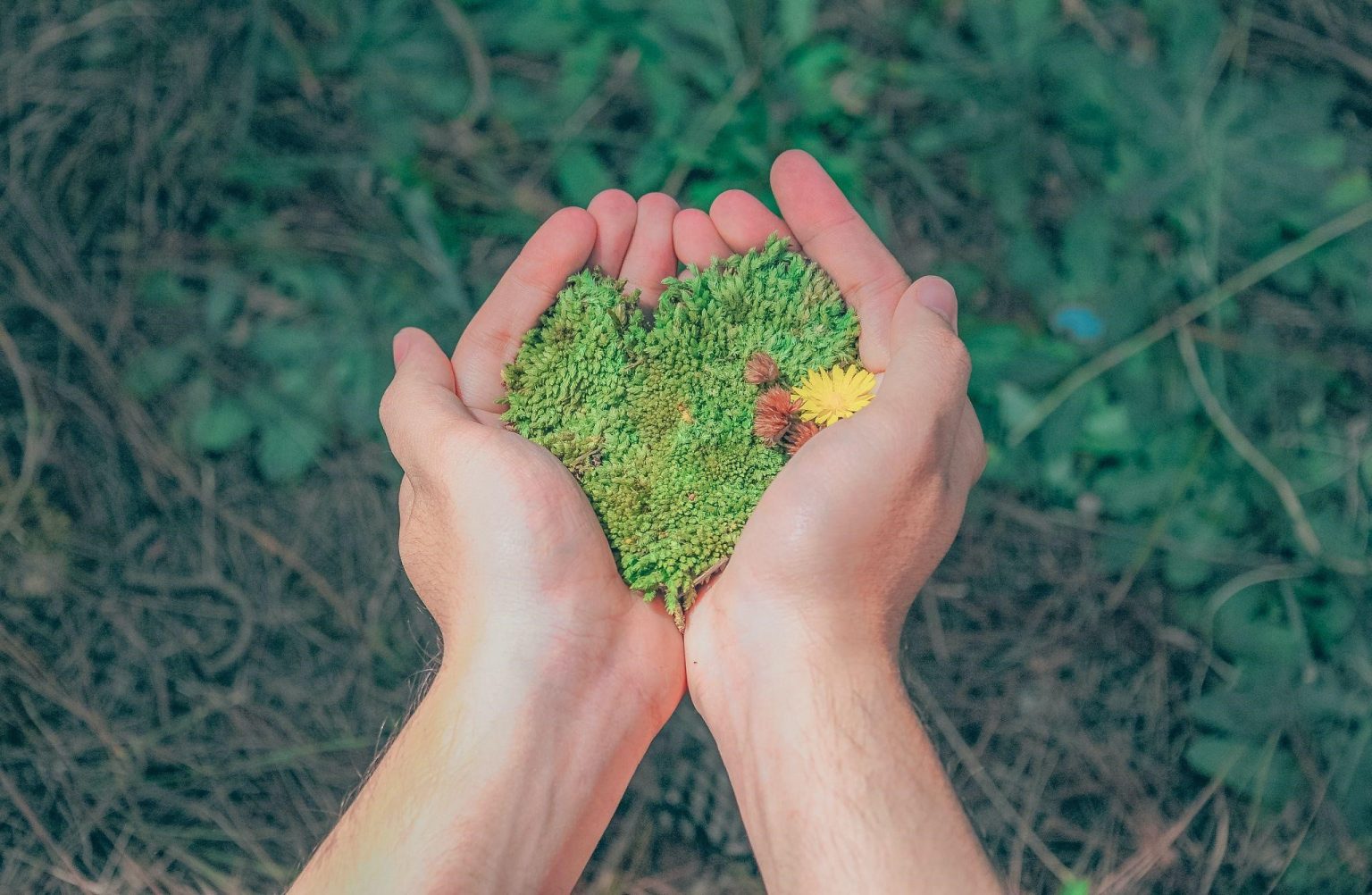“We do not inherit the Earth from our ancestors; we borrow it from our children.” This American Indian proverb reflects the importance of preserving our planet for future generations and reminds us that we need to take action today to conserve and protect the environment.
In 2023, consumers who make eco-friendly New Year’s resolutions will be helping the planet. Katrina Sriranpong, a Canadian philanthropist and former lawyer in Vancouver, British Columbia, Canada, believes in starting 2023 with sustainability in mind. Daily sustainable choices ultimately make a considerable impact.
As the mother of two young children who love the beauty of nature, Sriranpong wants to preserve the planet for their future. She believes her children will learn sustainability by seeing eco-friendly products in the household and immersing themselves in the natural world to grasp sustainability principles.
“I think nurturing a social conscience in the next generation is crucial to change,” says Katrina Sriranpong. She believes there are daily opportunities to teach children environmental stewardship and social responsibility. She explains that children emulate adults, so every action makes an impression, from teaching them to recycle, to realizing their power as consumers and supporting companies that choose sustainable and ethical business practices.
Former immigration and refugee lawyer, Katrina Sriranpong, has long supported various non-profit organizations, prioritizing those that protect animals and preserve the environment. In Vancouver, she’s surrounded by mountains and forests, reminding her of the home we share with the other citizens of the world.
“I think nature is the best teacher,” Sriranpong says. “My children love exploring the forest. Being outdoors helps them appreciate our natural world, our responsibility to preserve it, and the animals that inhabit it.”
There are many positive choices to make in 2023 to preserve our planet for the future generation. Swapping plastic bags for reusable shopping totes is a simple step. North Americans use 100 billion plastic bags every year. Since many plastic bags are tricky to recycle, these bags usually end up in a landfill — or the ocean. According to the nonprofit Ocean Conservancy, 8 million metric tons make their way into the sea yearly, impacting nearly 700 species from important plankton to whales.
Choosing to go paperless whenever possible will chip away at the mountain of paper North Americans use. According to a study by the University of Southern Indiana, North Americans use 85 million tons of paper in one year.
Shopping locally helps the environment and community. By shopping locally, consumers can reduce resources and energy used to transport and package products. Shopping at local grocery stores and farmers markets supports nearby farms that grow food, and the produce tends to be fresher. Additionally, sustainable farming practices produce much fewer carbon emissions than traditional practices.
Avoiding single-use products will reduce your environmental impact. According to the United Nations Environment Programme, “Prioritizing reusable products is … critical for environmental health.” Limiting single-use items minimizes the waste of our planet’s limited resources.
Changes in behavior can limit water waste. People tend to overuse water during their daily routines. These are easy habits to break. People can switch to taking shorter showers, doing fewer loads of laundry, and only running the dishwasher when it’s full. Parents can teach young children to save water by turning it off while brushing their teeth.
Katrina Sriranpong: ‘Be Positive Role Models for Your Children’
Being environmentally aware is one of Katrina Sriranpong’s core beliefs. Like all children, her young ones learn by watching — and copying — their parents’ behaviors. That’s why Sriranpong believes in imparting Earth-friendly practices to the next generation, such as teaching them the economic philosophy called “conscious consumerism.” Being conscious about purchases teaches consumers about the environmental impact of what they buy.
“As a mother of two, raising children who care and contribute is extremely important to me,” Sriranpong said. “When we explore the forest or travel with our children, we ensure that we act as positive role models and teach them the importance of sustainable travel by ‘taking only photos and leaving only footprints,’ which means we do not harm the natural world. We do not pick up or damage plants, leave litter, nor collect cultural artifacts,” explains Katrina Sriranpong.
Sriranpong reiterates that nature is the best teacher and being outdoors develops an appreciation for the natural world and our responsibilities to its preservation. Sriranpong believes educating children to appreciate the environment in which they live will allow them to grow up with a deep respect for animals and eagerness to protect their habitat.
The concept of New Year’s resolutions favours finding ways to improve ourselves for our benefit. In 2023, we should also work to benefit the planet and preserve the environment for future generations to enjoy.

